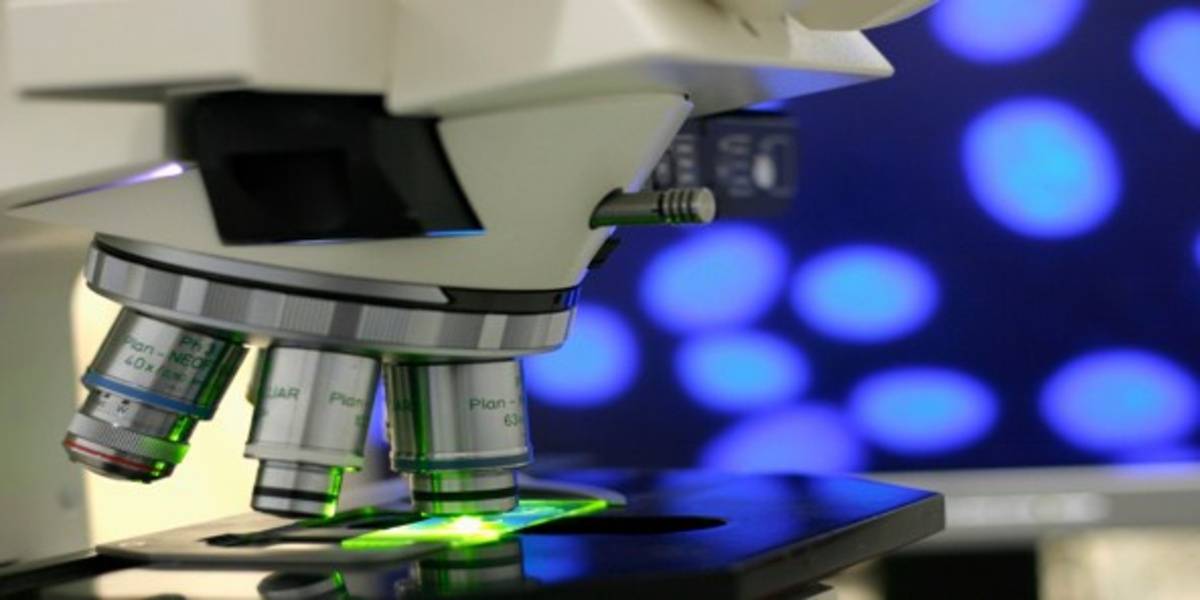Call Us
M.Sc. Microbiology Course
Overview
- M.Sc. Microbiology is a postgraduate program that focuses on the study of microorganisms, including bacteria, viruses, fungi, and protozoa.
- The course is designed to provide in-depth knowledge about microbial physiology, genetics, immunology, and biotechnology. It is ideal for students interested in research, healthcare, pharmaceuticals, and environmental sciences.
- M.Sc. Microbiology is a promising course with vast career opportunities in research, healthcare, and industry.
- With continuous advancements in microbiology and biotechnology, the demand for skilled microbiologists is expected to rise, making it a lucrative career choice for aspiring students.
Age Limit
- There is no specific age limit for enrolling in an M.Sc. Microbiology course. However, some universities may have age-related policies, which should be checked before applying.
Eligibility
- To be eligible for M.Sc. Microbiology, candidates must fulfill the following criteria:
- A Bachelor’s degree in Microbiology, Biotechnology, Biochemistry, Life Sciences, or a related field from a recognized university.
- A minimum aggregate score of 50-60%, depending on the university.
- Some institutions may require candidates to clear an entrance examination.
Duration
- The M.Sc. Microbiology course is typically a 2-year program, divided into four semesters.
Course Fees
- The tuition fee for M.Sc. Microbiology varies depending on the institution. On average, it ranges between INR 30,000 to INR 2,00,000 per year for Indian universities.
- Private institutions generally charge higher fees compared to government universities.
Entrance Exams
- Admission to M.Sc. Microbiology may be based on merit or entrance exams. Some of the common entrance exams include:
- CUET PG (Common University Entrance Test – PG)
- AIIMS M.Sc. Entrance Exam
- JNU CEEB (Jawaharlal Nehru University Combined Entrance Examination for Biotechnology)
- GATE (Graduate Aptitude Test in Engineering – Life Sciences & Biotechnology)
- BHU PET (Banaras Hindu University Postgraduate Entrance Test)
Career Opportunities
- Graduates of M.Sc. Microbiology have numerous career opportunities in diverse fields such as:
- Healthcare & Medical Research: Clinical microbiologists, pathologists, and medical lab technologists.
- Pharmaceutical Industry: Drug development, vaccine research, and quality control.
- Food & Beverage Industry: Food microbiologists ensuring safety and quality control.
- Environmental Science: Waste management, water purification, and environmental biotechnology.
- Academia & Research: Teaching positions and research roles in universities and institutions.
Placement & Salary
- Many reputed institutions offer placement assistance to M.Sc. Microbiology graduates. Some of the top recruiters include:
- Pharmaceutical Companies: Pfizer, Biocon, Dr. Reddy’s, Sun Pharma
- Biotech Firms: Thermo Fisher, Serum Institute, Bharat Biotech
- Healthcare & Diagnostic Labs: AIIMS, Apollo Hospitals, SRL Diagnostics
- Government Organizations: ICMR, CSIR, DRDO, WHO
- The salary varies based on experience and job role. On average:
- Entry-level: INR 3-6 LPA
- Mid-level: INR 6-10 LPA
- Senior-level: INR 10-20 LPA or more, especially in research and specialized roles.
Syllabus
- The syllabus of M.Sc. Microbiology typically includes:
- Microbial Physiology and Metabolism
- Immunology
- Molecular Biology and Genetic Engineering
- Industrial Microbiology
- Medical and Clinical Microbiology
- Environmental and Agricultural Microbiology
- Bioinformatics and Biostatistics
- Research Methodology
- Dissertation/Project Work
Specializations
- Students can choose from various specializations, including:
- Medical Microbiology
- Industrial Microbiology
- Agricultural Microbiology
- Food & Dairy Microbiology
- Environmental Microbiology
- Virology and Immunology
Scope After M.Sc. Microbiology
- After completing M.Sc. Microbiology, graduates can pursue:
- Ph.D. in Microbiology for research and academia
- Jobs in pharmaceutical, biotech, or healthcare industries
- Government jobs in research institutions and healthcare agencies
- Certification courses in clinical research, bioinformatics, or molecular diagnostics
- Teaching & Lecturing positions in universities and colleges
Popular Colleges and Universities
- Some of the top institutions offering M.Sc. Microbiology include:
- India:
- Jawaharlal Nehru University (JNU), Delhi
- Banaras Hindu University (BHU), Varanasi
- University of Delhi (DU)
- All India Institute of Medical Sciences (AIIMS)
- Pune University
- Amity University
- International:
- Harvard University, USA
- Stanford University, USA
- University of Oxford, UK
- University of Cambridge, UK
- National University of Singapore (NUS)
